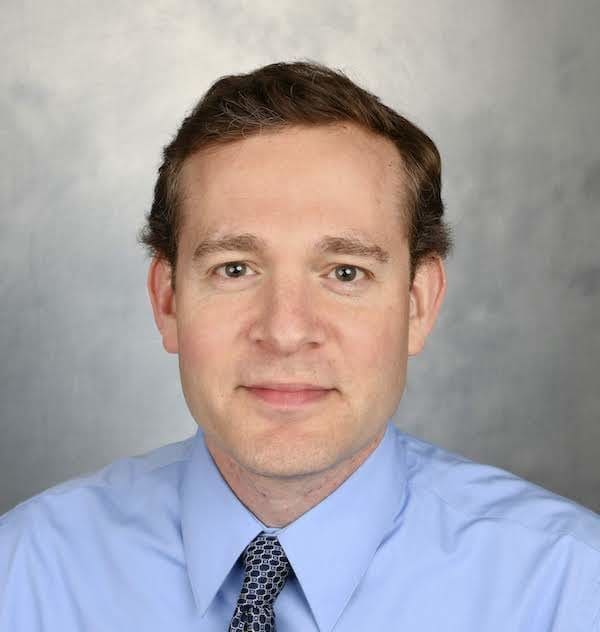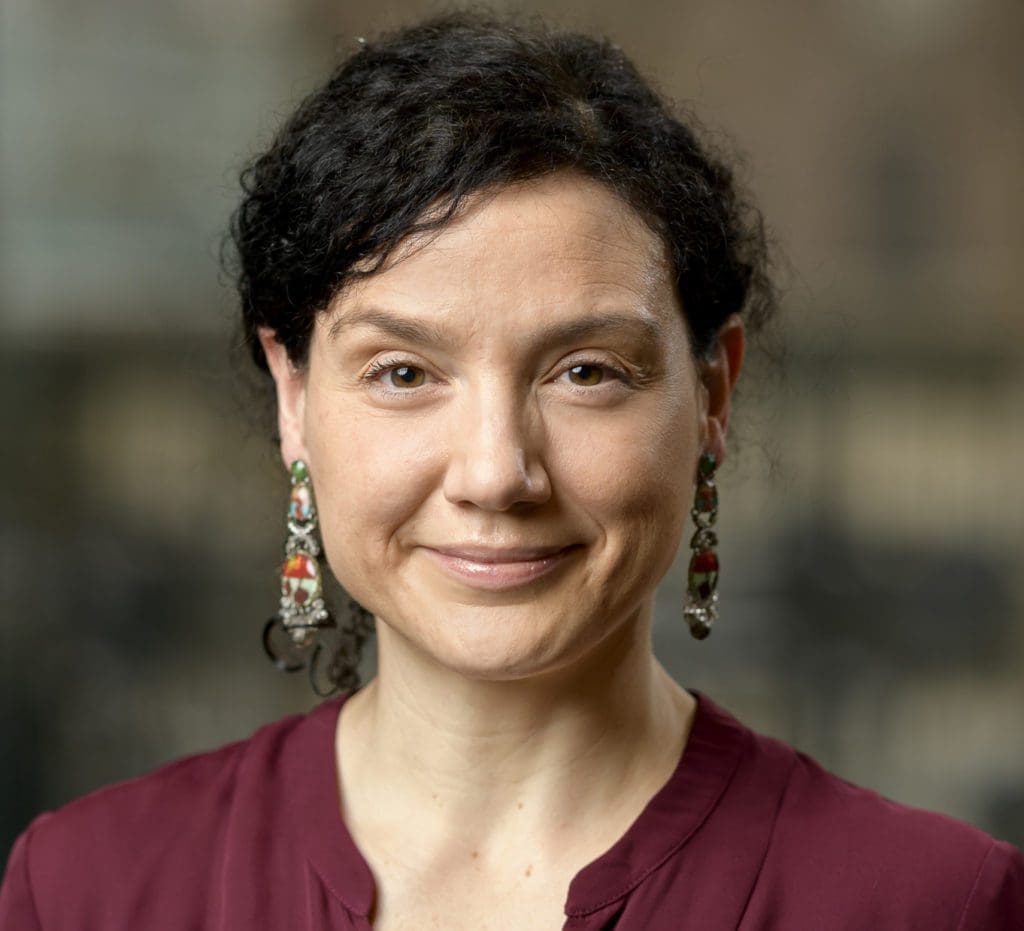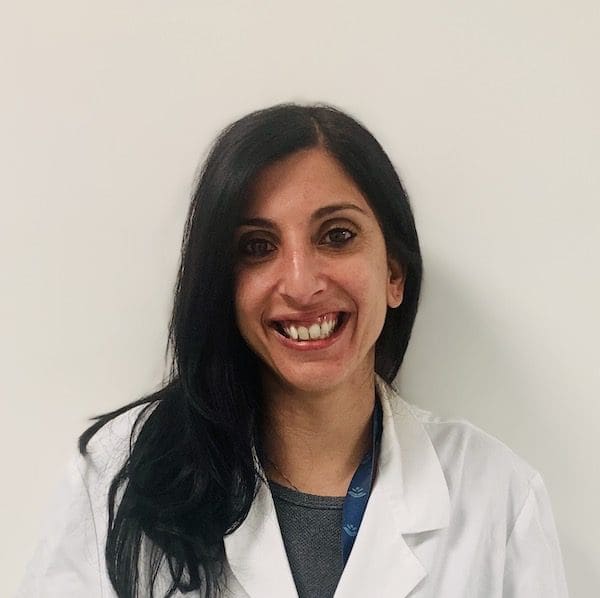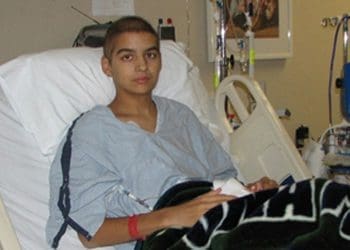Projects will develop new treatments for neuroblastoma, high-grade gliomas, including DMG, and more
Bethesda, Md. – February 15, 2022– CureSearch for Children’s Cancer, a national nonprofit with a mission to end childhood cancer by driving targeted and innovative research with measurable results in an accelerated time frame, announced today it will fund seven innovative, translational research projects beginning in 2022. Projects will address a wide range of tumor types including intracranial germ cell tumors, brain tumors, osteosarcoma, neuroblastoma and rhabdomyosarcoma.
“CureSearch is focused on driving new therapies towards clinical trials where they’ll directly impact childhood cancer patients at an accelerated pace,” said Caitlyn Barrett, PhD, senior director of research and programs at CureSearch. “This year, we’re supporting our largest number of projects in recent history and funding next-generation research aimed at developing new, safer treatments for pediatric cancers.”
There is a significant funding gap between basic research and late phase clinical trials. CureSearch’s distinct research programs, including the Acceleration Initiative and Young Investigator awards, aim to bridge the translational research gap.
Acceleration Initiative Projects
Acceleration Initiative projects address a significant challenge in pediatric cancer drug development and have a strong probability of clinical application — ready to reach patients within three to five years.

Andrei Thomas-Tikhonenko, PhD, of Children’s Hospital of Philadelphia is collaborating with the University of Pennsylvania and Johns Hopkins University to research new targets for immunotherapy in two high-risk pediatric cancers: neuroblastoma (NB) and a subset of pediatric high-grade gliomas (pHGG) called diffuse midline glioma (DMG). Most high-risk NB patients do not survive, despite intensive cytotoxic therapies. Those who do survive are burdened with treatment-related long-term effects. DMG is a devastating brain cancer with a five-year survival rate of less than 1%, and one of the most chemo-resistant and surgically unresectable tumors.

Beyond DMG, survival rates for pHGGs are still less than 25%. These dismal outcomes have not improved in 30 years. Gregory Friedman, MD, of the University of Alabama at Birmingham is developing a combination immunotherapy to improve outcomes in pHGG. Dr. Friedman will collaborate with Avidea Technologies, Dana-Farber Cancer Institute, Broad Institute of MIT and Harvard, Harvard Medical School, Brigham and Women’s and Boston Children’s Hospital, University of Cambridge, Northwestern University, Lurie Children’s Hospital and Treovir, LLC on this innovative project.

David Langenau, PhD, of Massachusetts General Hospital is working with Duke University School of Medicine, the Hospital for Sick Children (SickKids), and the National Institutes of Health to develop a novel therapy for a previously undruggable target, p53, in rhabdomyosarcoma (RMS). RMS is the most common soft tissue sarcoma of childhood and adolescence. Despite decades of study, the standard of care remains a chemotherapy regimen developed in the 1970s.
Young Investigator Projects
The Young Investigator awards combat the loss of promising scientists from the field by providing financial support to investigators early in their research careers, as well as career development and mentoring opportunities. These grants are limited to truly transformational science designed to deliver innovative cancer treatments toward clinical trials and train the next generation of pediatric cancer researchers.

Jamie Anastas, PhD, of Baylor College of Medicine is developing a novel combination targeted therapy using drugs that are already approved (re-purposing) for pHGG. The project will study two classes of chromatin-modifying enzymes—lysine-specific demethylase 1 (LSD1) and histone deacetylases (HDACs). Dr. Anastas hypothesizes that combined treatment with an LSD1 inhibitor and an HDAC inhibitor will block pediatric brain tumor growth by altering tumor cell growth and survival, and by enhancing tumor immune targeting.

Osteosarcoma is the most common primary bone tumor affecting children and young adults, with no significant changes to treatment or outcomes over the past 40 years. Estibaliz Lopez Rodrigo, MD, of Memorial Sloan Kettering Cancer Center aims to disrupt osteosarcoma metastasis to the lung by targeting tumor-associated macrophages, which are immune cells that can alter the immune response to cancer, reducing the ability for other immune cells to identify and destroy tumor cells.

Joanna Gell, MD, of Connecticut Children’s is collaborating with IBM to develop a targeted compound for the germ cell tumor marker, PRDM14. Intracranial germ cell tumors (iGCTs) are very rare, accounting for only 3% of pediatric primary brain tumors. iGCT growth and survival is dependent on the interaction of two proteins, PRDM14 and CFA2T2. Dr. Gell hypothesizes that disruption of the interaction between PRDM14 and CFA2T2 will result in cancer cell death.

Medulloblastoma is the most common cancerous brain tumor in children. Natural killer (NK) cells, a part of the immune system, can target and destroy tumor cells. Francesca Nazio, PhD, of Ospedale Pediatrico Bambino Gesù is studying a safer and more effective treatment approach for medulloblastoma by combining NK cell-mediated immunotherapy with a therapeutic that stops autophagy – a process used by cancer cells to survive even when nutrients are low and they receive signals to die.
To learn more about how you can support childhood cancer research, visit curesearch.org/donate-to-childrens-cancer-research.
About CureSearch for Children’s Cancer
CureSearch for Children’s Cancer, a national nonprofit organization based in Bethesda, Md., works to end childhood cancer by driving targeted and innovative research with measurable results in an accelerated time frame. CureSearch focuses on advancing the strongest research out of the laboratory and into clinical trials and development, where better, less-toxic treatments can quickly help children. To learn more visit curesearch.org.



